Prison, Transylvania B&B and more
The $42 billion portfolio of the British royal family’s riches include sumptuous palaces, glittering jewels, priceless works of art — and a bed-and-breakfast in Transylvania.
The Prince of Wales’ Guesthouses, a private “nature retreat … nestled amongst the meadows and hills of Zalán Valley” in Romania now belongs to King Charles III’s elder son, William, the new Prince of Wales.
The retreat, which features horseback riding and visits to local craft studios in the Carpathian foothills, is administered by the Prince of Wales’ Charitable Fund. The nonprofit also oversees Duchy Organic, the UK’s largest organic food brand, which markets hundreds of products including strawberry preserves, cookies and olive oil.
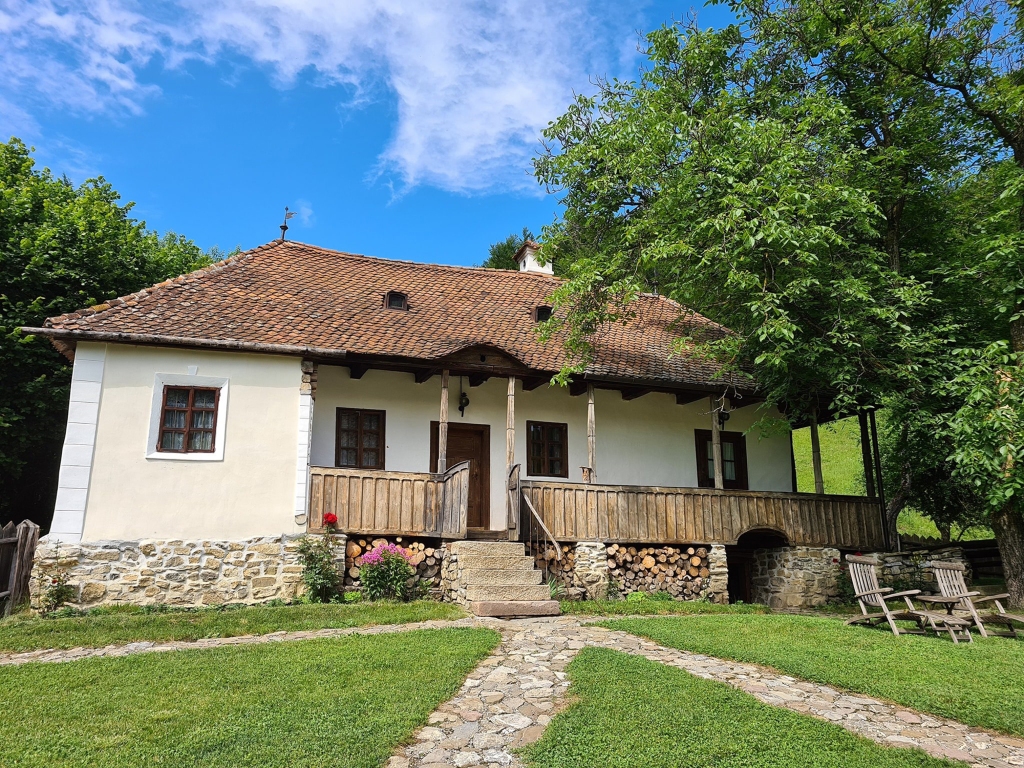
Proceeds from both enterprises generate more than $3.4 million a year for the fund’s charitable projects, which include supporting sustainable farming throughout the United Kingdom — long a focus of King Charles III’s interests since he founded the charity in 1979.
As the heir to the throne, Prince William, 40, also now takes control of the Duchy of Cornwall, a sprawling estate with $1.2 billion in net assets. Among its holdings are the Oval cricket field in south London, Dartmoor Prison — a facility for non-violent male offenders that has been described in recent years as “dilapidated” — and a mega-project of 4,000 homes that may be the most ambitious project ever undertaken in the 700 years of the duchy, according to reports.
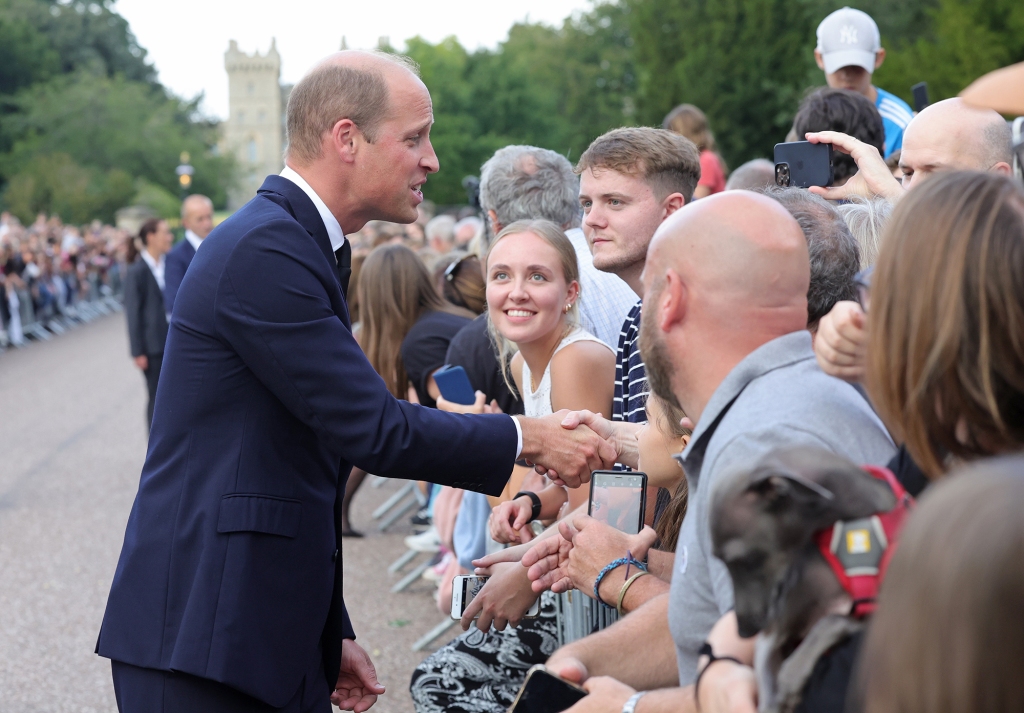
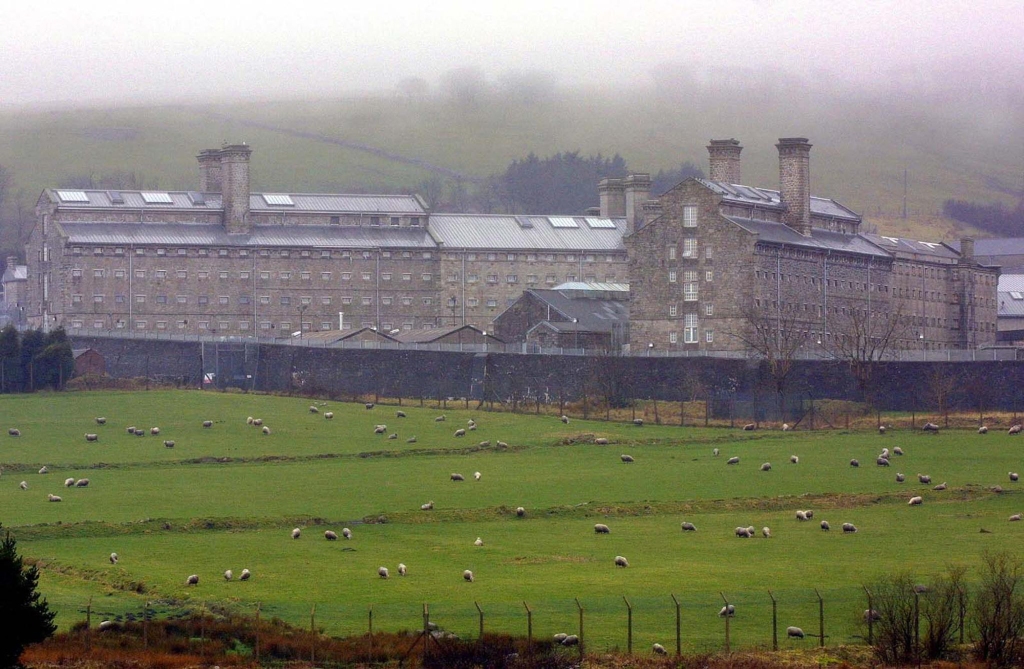
Homes in the Nansledan residential community, on the coast of Cornwall, were designed and built under the strict sustainable dictates of King Charles, who has long been concerned with promoting environmentally sound architecture. The houses can only be painted in pastel colors, and feature holes in the bricks to allow bees to make their homes. There are no fast-food chains allowed in the complex.
Annual income from the management of Nasledan and the 200 square miles in the rest of the duchy earned more than $27 million for Charles this year, according to reports.
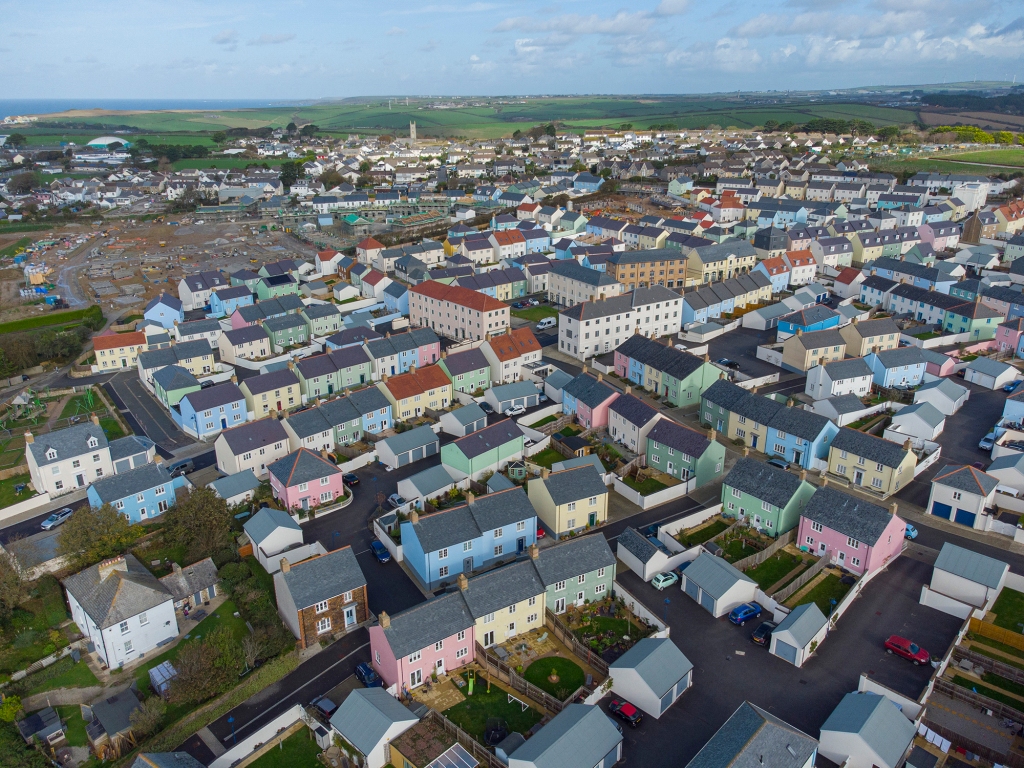
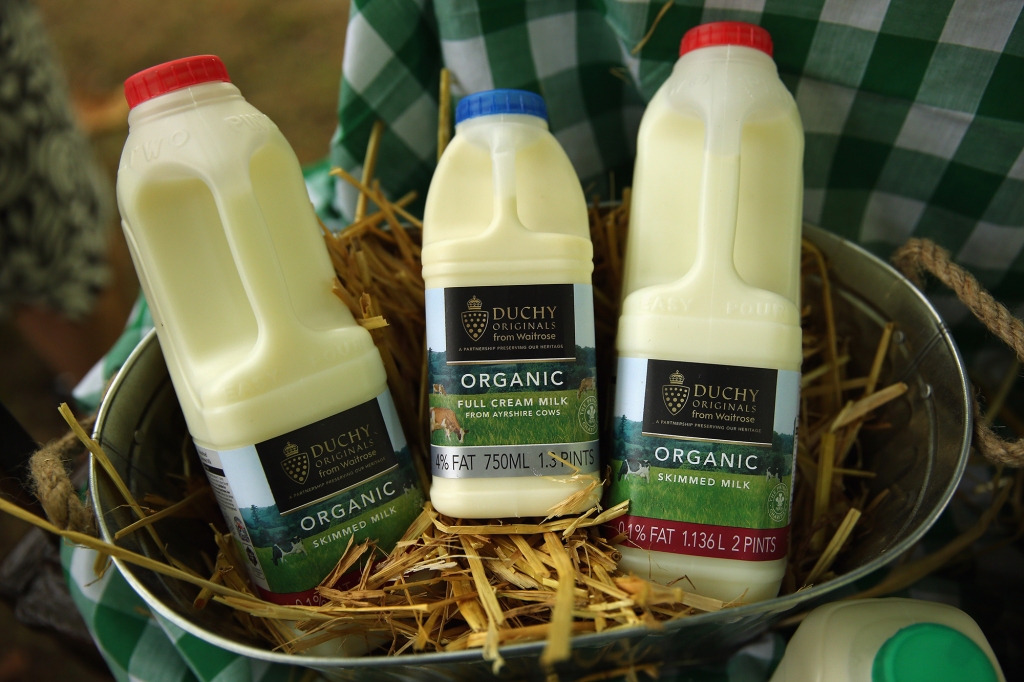
William, who will add Duke of Cornwall to his titles, is also poised to take over his father’s estate at Highgrove House, where Charles first developed an organic farm in 1985.
But the family’s largest tranche of riches will now be overseen by King Charles, 73, who inherited the Crown Estate, a real estate portfolio valued at more than $17.5 billion. Properties include the Ascot Racecourse and parts of central London, including the Regent St. shopping area.
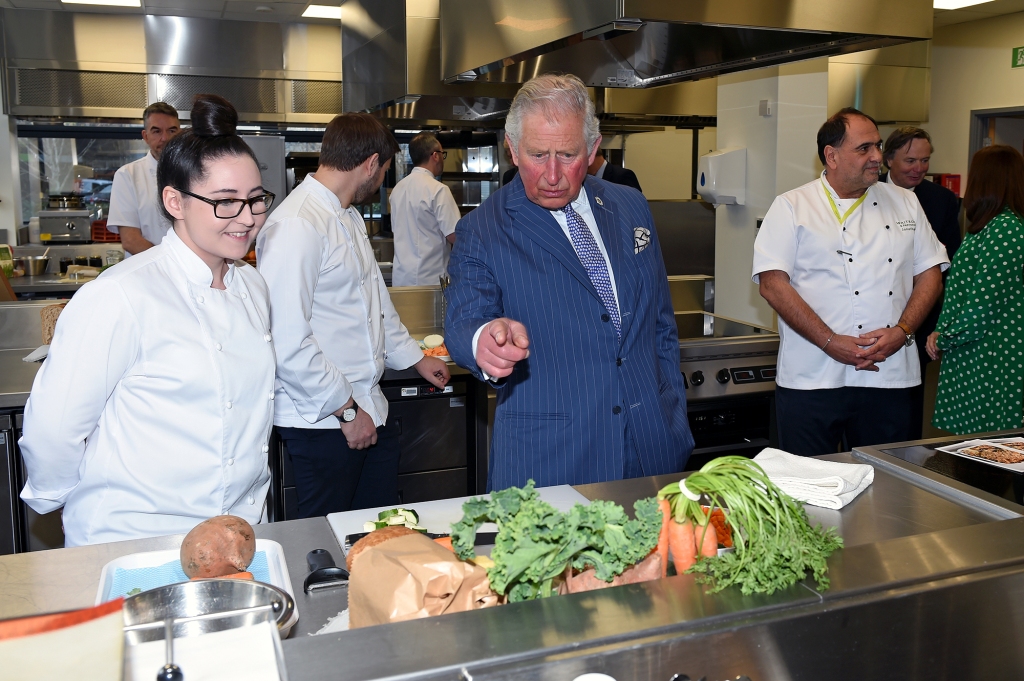
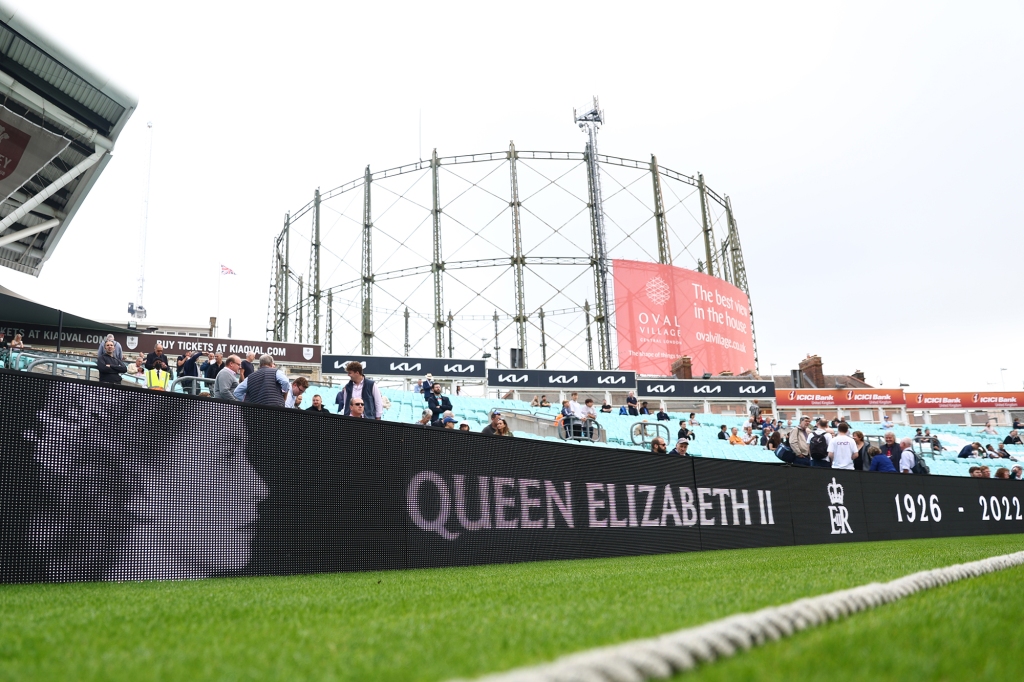
The net profits of the Crown Estate amounted to more than $360 million in fiscal year 2022, an amount that goes to the British Treasury. The royal family receives an allowance from the Treasury known as the Sovereign Grant, which is typically a quarter of the net profit for the financial year two years earlier. This year the sovereign grant was just under $100 million, and based on the Crown Estate’s net profit in 2019-20, according to reports.
The sovereign grant is used to fund official travel for the royal family, and pay property maintenance and operating costs of the crown’s household. Security costs for the royal family, which are not disclosed publicly, are not covered by the sovereign grant and are paid for by the public, according to a report.
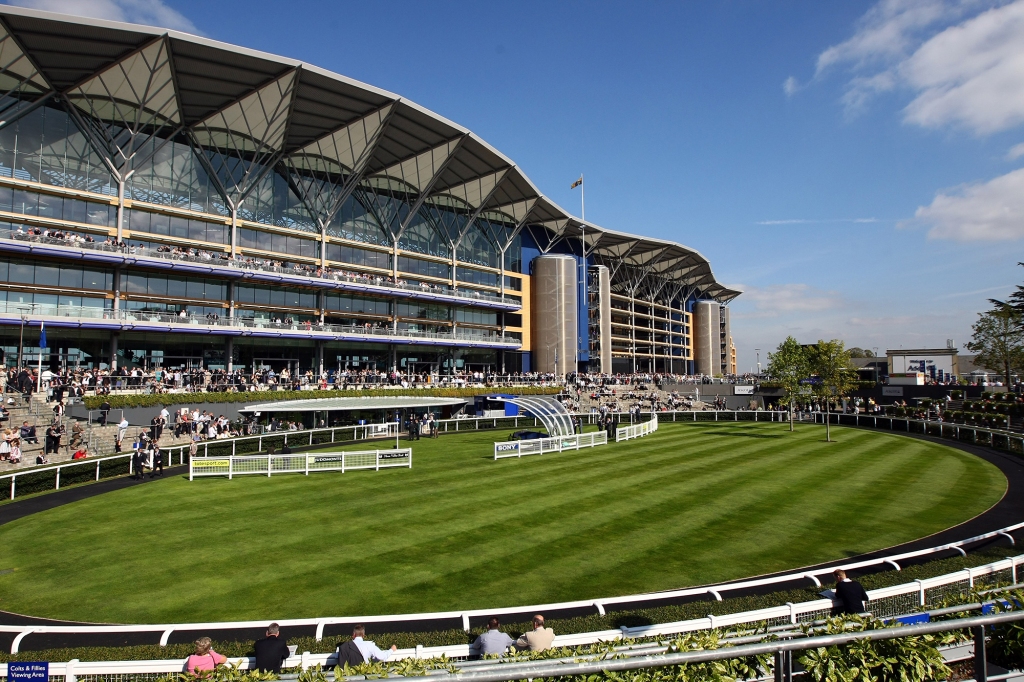
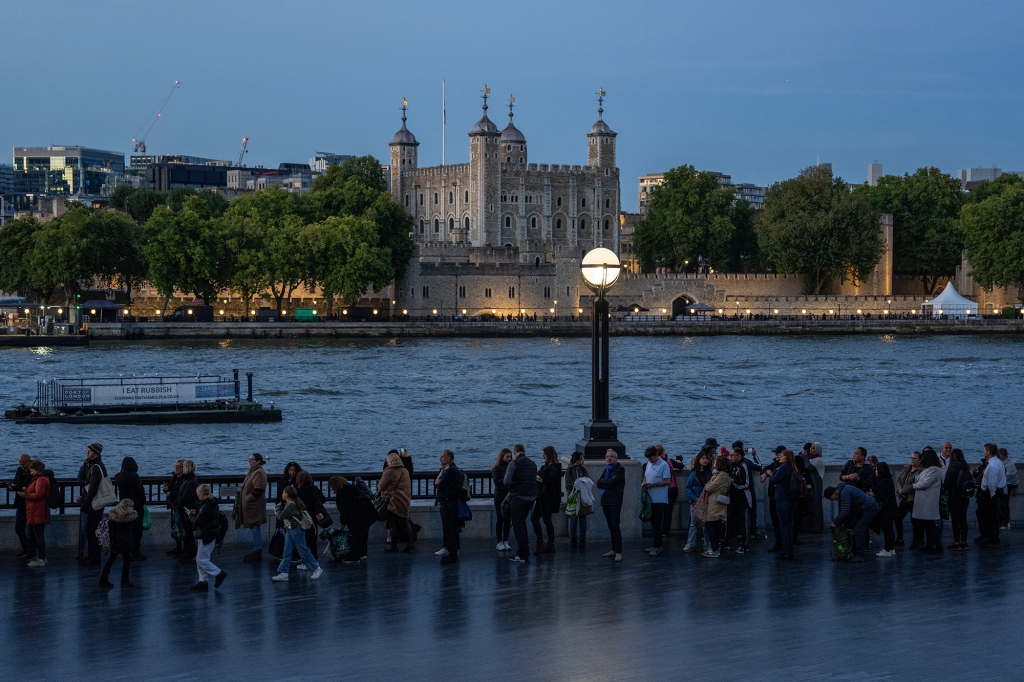
Charles also has control of the $570 million Crown Estate Scotland, which includes mineral extraction rights as well as fishing licenses, rural land and the Scottish seabed.
Follow The New York Post’s coverage of Queen Elizabeth’s funeral:
The Duchy of Lancaster, a private estate with $753 million in net assets owned in trust by the monarch, now falls under the new king’s sphere of influence. Revenues from the duchy go directly to the king in an allowance known as the Privy Purse, which amounted to $24 million in 2022. The Privy Purse covers royal expenditures, and unlike the tax-free sovereign grant, is subject to tax.
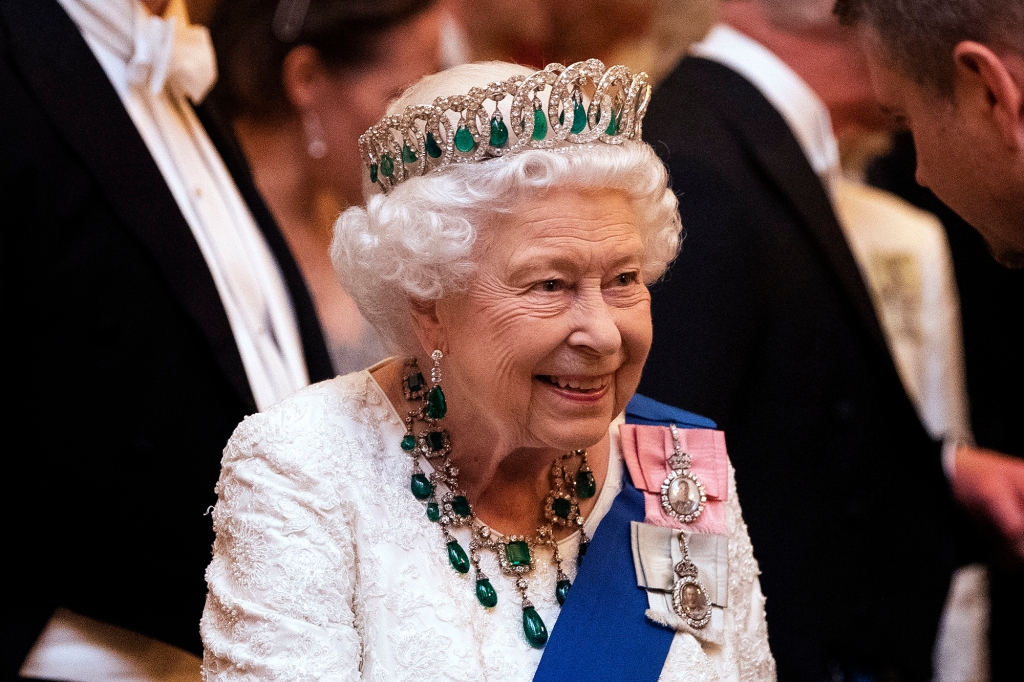
Charles now also oversees Buckingham Palace, Windsor Castle and the Tower of London, which are owned “in right of the Crown” for the country and future generations, and cannot be sold. The Royal Collection, which includes the Crown Jewels and paintings by Caravaggio, Rembrandt and Leonardo di Vinci, among others, is valued at nearly $13 billion. The jewelry alone is worth an estimated $4 billion, according to reports.
Privately, Charles has also inherited many of his mother’s vast holdings, which include glittering jewels from her own personal collections as well as artwork and castles at Sandringham and Balmoral in Scotland, where the Queen died on Sept. 8. Those private assets are valued at more than $500 million, according to Forbes, which also reported that Charles will pay no inheritance tax as a result of a March 1993 agreement with the British government.
Queen Elizabeth’s will is expected to be sealed for at least 90 years, preventing any information about the division of her assets among other family members.
Read the full article Here


